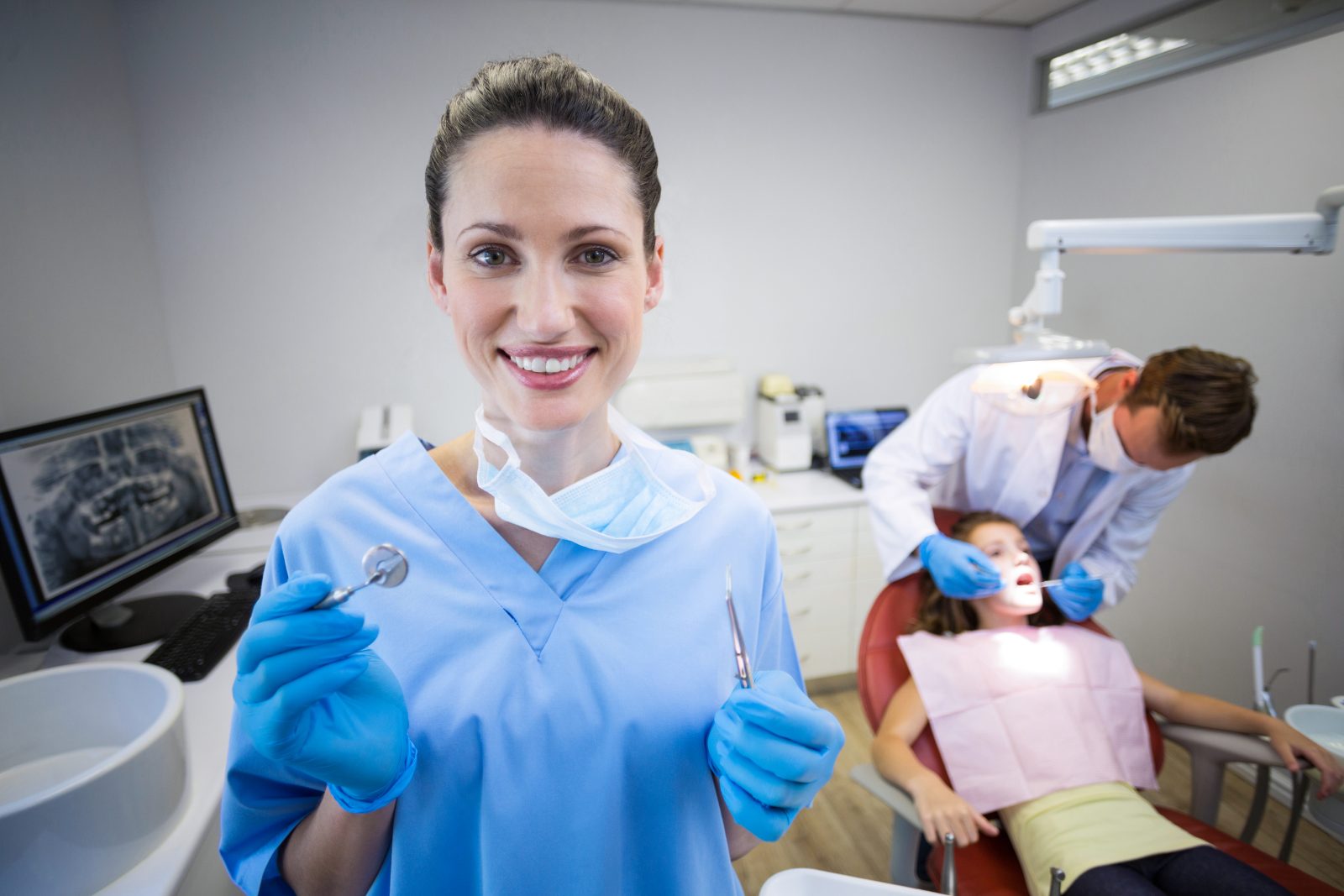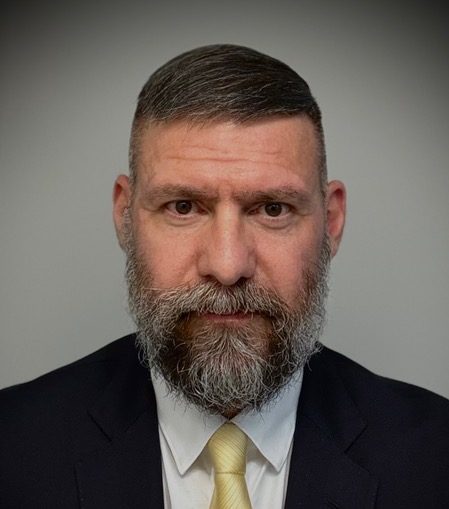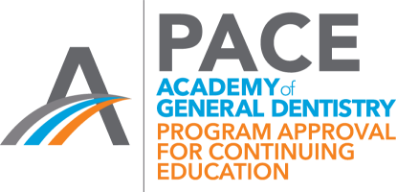


Presented by
Nikolaos K. Soldatos
DDS, MSD, PhD
View Bio
Course Description
Implants, Oral Surgery, Periodontics
Dental hygienists are often the first line of providers to diagnose patients with periodontal disease, to identify and successfully diagnose mucogingival deformities around teeth or implants, to identify hopeless teeth and to recognize areas for horizontal or vertical ridge augmentation procedures. After the completion of the initial non-surgical periodontal therapy (phase I), several patients undergo advanced surgical treatment, which include either resective approaches such as osseous surgeries or regenerative approaches such as guided tissue regeneration (GTR) or horizontal/vertical guided bone regeneration (GBR), mucogingival surgeries to increase the keratinized tissue or surgical implant treatment. The role of dental hygienists in the surgical treatment of periodontally compromised patients is essential.
Course Objectives
At the completion of this course the participants should be able to:
- Identify the difference between the old and new classification system to successfully diagnose periodontal disease and/or peri-implantitis.
- Briefly discuss the principles of successful phase 1 periodontal treatment.
- Discuss several resective or regenerative surgical treatment plans after the end of phase I, associated with different flap designs.
- Understand the need of ridge preservation after the extraction of hopeless teeth.
- Review several surgical plans in order the discuss the essential role of a dental hygienist.

